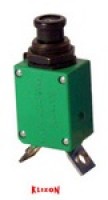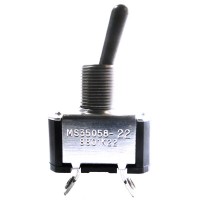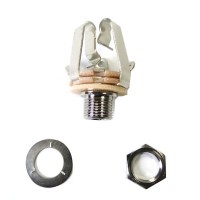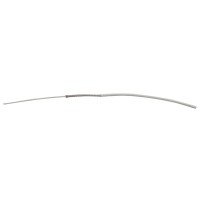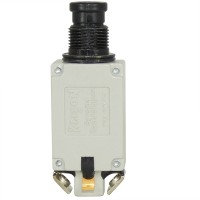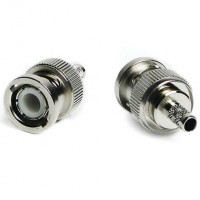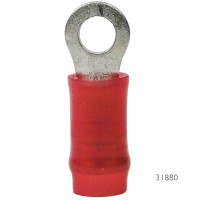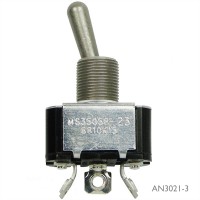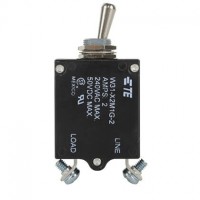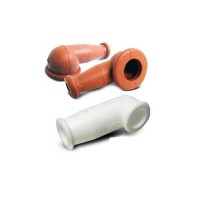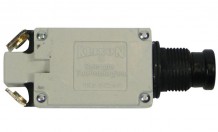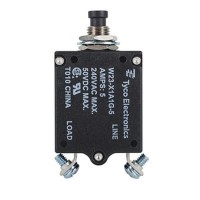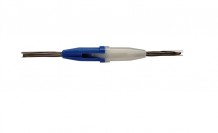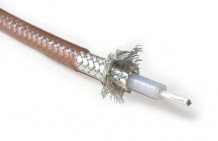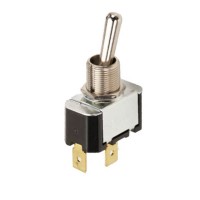2TC2-2 Circuit Breaker
MFR Model# 2TC2-2
Overview
|
Single–phase TC devices are the smallest, lightest high performance aircraft circuit breakers available today. They represent the state-of-the-art protection of today’s aerospace power systems. Their light weight and small size make them especially well suited for aircraft, avionics and electronic systems. Coordination The 2TC series breaker ratings are coordinated so any rating will trip before another rating twice its capacity in the event of a fault. of up to 6,000 amps let–thru current. This results in improved overall equipment performance since only the smallest faulted circuit is interrupted, while larger circuits remain operational. Ambient Temperature Compensation Ambient compensated circuit breakers let designers specify smaller gauge wire where the circuit breaker and wiring are exposed to different ambient temperatures. They are especially suited for application where ambient temperature exceeds the 160°F (71°C) maximum of non–ambient compensated thermal circuit breakers. The TC series may be applied where operating temperatures are as high as 250°F (121°C) with no derating of the circuit breaker. This eliminates the need for cooling air and allows substantial weight, space, and cost savings. Trip–Free The complete line of TC series circuit breakers is trip–free. The circuit breaker cannot be maintained closed during an overload even with the actuator button held closed. High Short Circuit Capacity For its miniature size, the 2TC series offers unusually high current interrupting capacity. Overloads can be safely interrupted without affecting calibration or operating performance in the standard 2TC series for: • Overloads up to 6,000 amps at 28 VDC • Overloads of 2,000–3,500 amps at 120 VAC, 400 Hz |
WARNING: Cancer and Reproductive Harm - www.P65Warnings.ca.gov. |
Features
- Miniature size
- Light weight
- Trip–free design
- Current ratings 4 amps
- High vibration resistance
- High interrupting capacity
- Coordinated ratings
- Meets Mil-Spec Standards
- Typical end use: Aircraft power distribution systems Miniature size
Specifications
- Part No: 2TC2-4
- Amp: 2
- Vibration 10G minimum, 50–500 Hz (other vibration levels available)
- Mechanical Shock 50G
- Acceleration 10G
- Weight 24 gram maximum (2TC14)
Reviews
no issues
Circuit Breaker 2TC2-2
The circuit breakers are just what I wanted,are easy to fit,and work well. The service I get from aircraft spruce is excellent.
Took a while to get but fit and works fine.
Circuit Breaker 2TC2-2
Q&A
Please note, Aircraft Spruce's personnel are not certified aircraft mechanics and can only provide general support and ideas, which should not be relied upon or implemented in lieu of consulting an A&P or other qualified technician. Aircraft Spruce assumes no responsibility or liability for any issue or problem which may arise from any repair, modification or other work done from this knowledge base. Any product eligibility information provided here is based on general application guides and we recommend always referring to your specific aircraft parts manual, the parts manufacturer or consulting with a qualified mechanic.


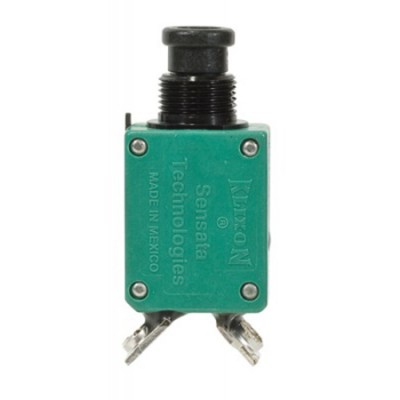





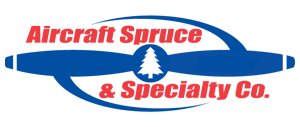 FREE Shipping
FREE Shipping

